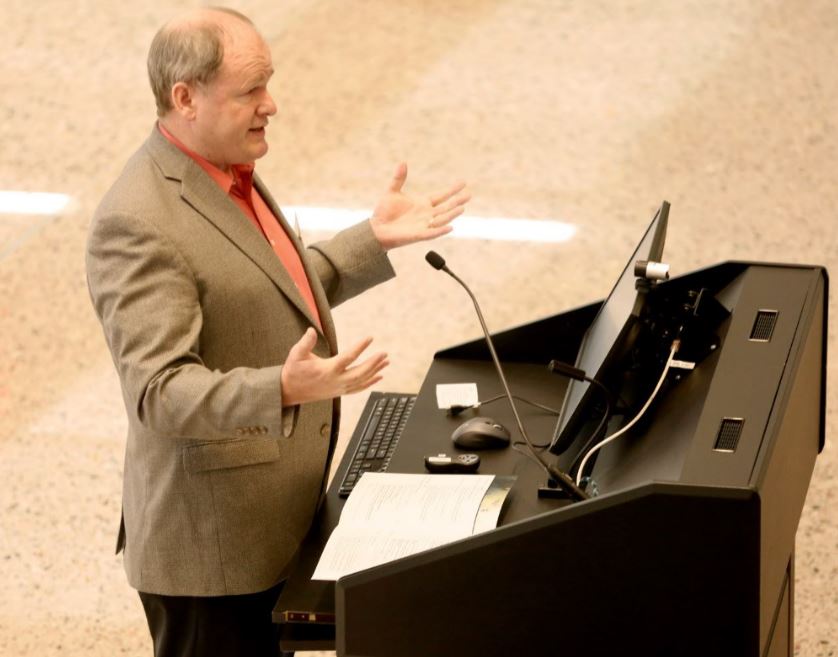
Faculty Director Gary Marchant was recently quoted in “Science Magazine” discussing the gene testing surges and lawsuits that are trailing behind. Marchant is part of a 3-year project called LawSeq, which aims to help build legal guidelines to support genomic medicine. Those in healthcare are already facing lawsuits that are new territory legally, and are at the risk of being held liable for how they handle genetic testing.
For a long time, the legal and medical standard of care coincided to simultaneously care for the patients while also protecting the doctors from lawsuits. But the new genomic technology is changing at a rapid pace, creating unclear medical standards. Doctors are seeing this issue happen a lot with variant assessments and how these variants play into determining if a patient has an increased risk for heart disease or breast cancer.
One notable case came up after the death of a 16-year-old in Pennsylvania in 2010. The teenager died of a hypertrophic cardiomyopathy 2 years after his father had had an electrocardiogram during a medical check-up. In the lawsuit, the family of the boy contended that the EKG results should have raised alarms and doctors should have done genetic testing on the father which would have led to testing on his son. Despite not having treated the teenager, the family suggested that the doctor had a legal duty to the teenager. In 2015, a judge agreed and the family won the lawsuit. Marchant believes that this case can now be used as a reference point in future cases, and shows the expansion on a physician’s responsibility.
With the growing understanding of genes, another issue has come to light, what happens when the understanding of a variant changes after the initial testing? A DNA change written off as an unknown significance can later be found to raise the risk of ovarian cancer. But finding the person with that variant could pose a challenge.
Check out the article here.















